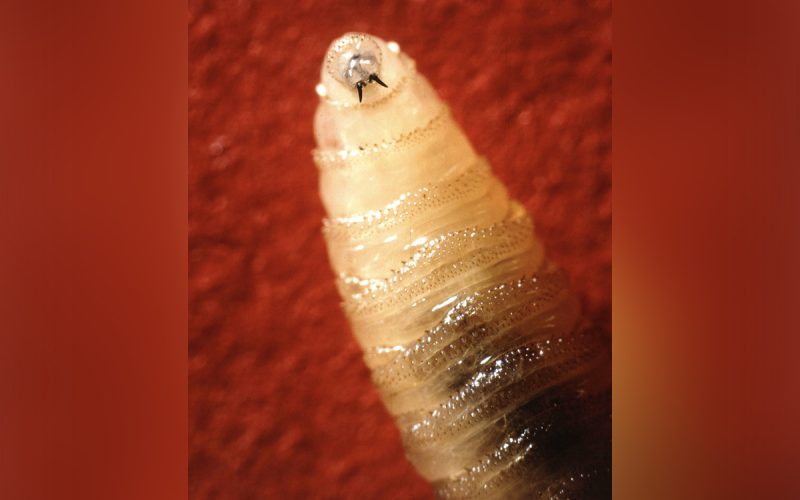New research from the Cancer Center at Illinois (CCIL) offers hope for women of reproductive age diagnosed with cancer who are considering fertility preservation. The study identifies levels of Anti-Mullerian Hormone (AMH) as a key prognostic factor for successful pregnancy outcomes following cancer treatment. With a limited timeframe to store eggs and embryos before commencing chemotherapy, this discovery has vital implications for the future of reproductive health in cancer survivors.
Led by Hillary Klonoff-Cohen, a prominent member of CCIL, the research was conducted in collaboration with Mounika Polavarapu from the University of Toledo and Neha Ramachandran from the Mayo Clinic Evidence-Based Practice Research Program. The systematic review assessed AMH levels as a potential indicator of fertility success rates, a critical area where current predictive capabilities are limited.
AMH is produced in the ovaries and reflects the number of immature eggs a woman has remaining. The study revealed that baseline AMH levels between 2.1 and 2.8 ng/ml corresponded to live birth rates of 35-42%. This link between hormone levels and reproductive outcomes is a significant advancement in understanding fertility for women undergoing cancer treatments.
Research objectives included evaluating AMH levels before, during, and after chemotherapy to better predict which patients might achieve healthy pregnancies. Klonoff-Cohen emphasized the study’s goal, stating, “We aimed to identify substances in the blood of young women with cancer that might help forecast their chances of having a healthy baby after cancer treatment.”
Several challenges arose during the study, particularly regarding the inconsistency in follow-up intervals among cancer survivors, which ranged from one to 36 months post-chemotherapy. Additionally, the limited availability of data in this emerging field complicated the analysis, as few studies previously explored AMH levels in relation to fertility outcomes in cancer patients.
The findings from this research hold significant implications for the quality of life for cancer patients. Beyond the essential desire to survive cancer, many patients aspire to start families after treatment. Although natural conception remains a possibility for women post-chemotherapy, only 40-60% succeed with this approach.
Moving forward, Klonoff-Cohen outlined the next steps for this research, which include identifying optimal AMH levels in conjunction with the age of female cancer patients, the type of cancer diagnosis, and the treatment regimens followed. Standardizing AMH measurement techniques and coordinating assessment timelines will also be crucial for future studies.
The research team expresses gratitude to the University of Illinois College of Applied Health Sciences, Dean Gallagher, and Dean Hanley-Maxwell for their support and funding of this systematic review.
Hillary Klonoff-Cohen, a Professor Emerita of Applied Health Sciences, has dedicated her career to integrating various aspects of health and disease prevention, with a focus on women’s and infants’ health and cancer epidemiology. Her extensive research includes the effects of lifestyle factors on reproductive health outcomes and cancer prognosis.
This research is detailed in the paper titled “Anti-Mullerian Hormone and conception timing as predictors of live births in cancer patients using fertility preservation: a systematic review,” which can be accessed online at https://doi.org/10.3389/fonc.2025.1683794.
For further inquiries, Professor Klonoff-Cohen can be reached at [email protected].







